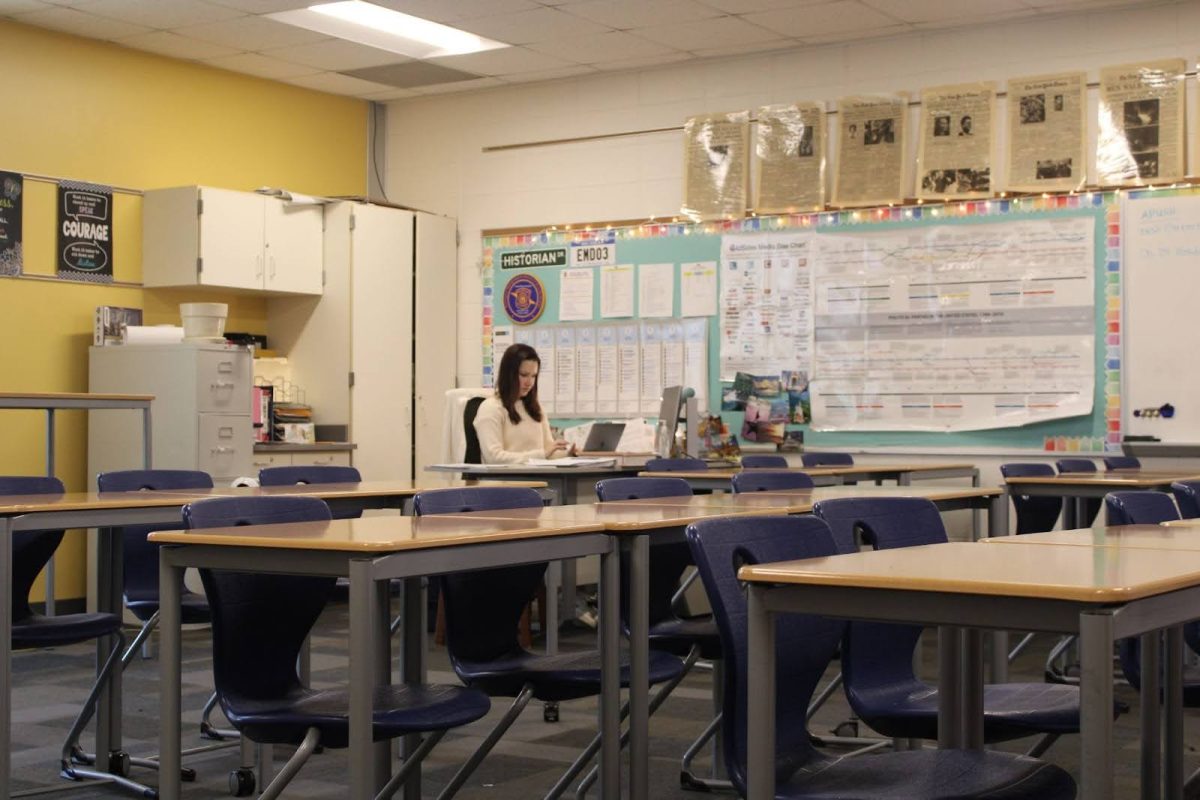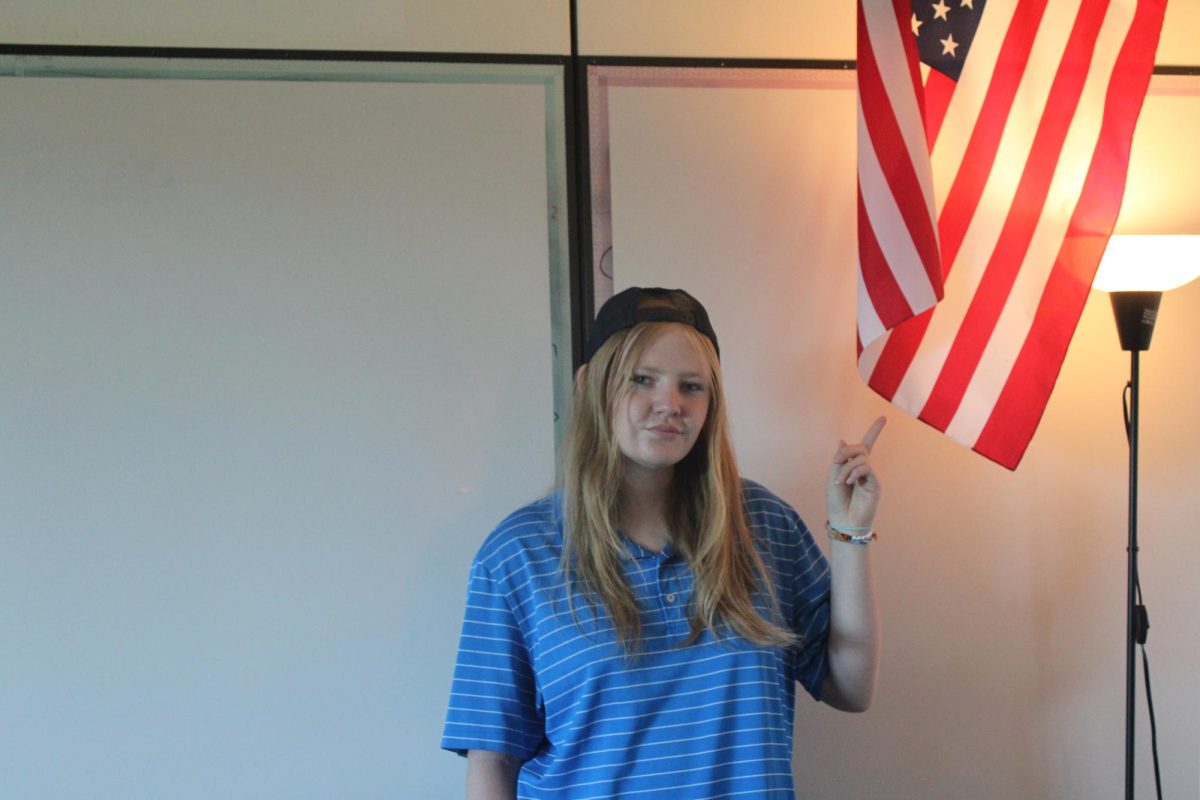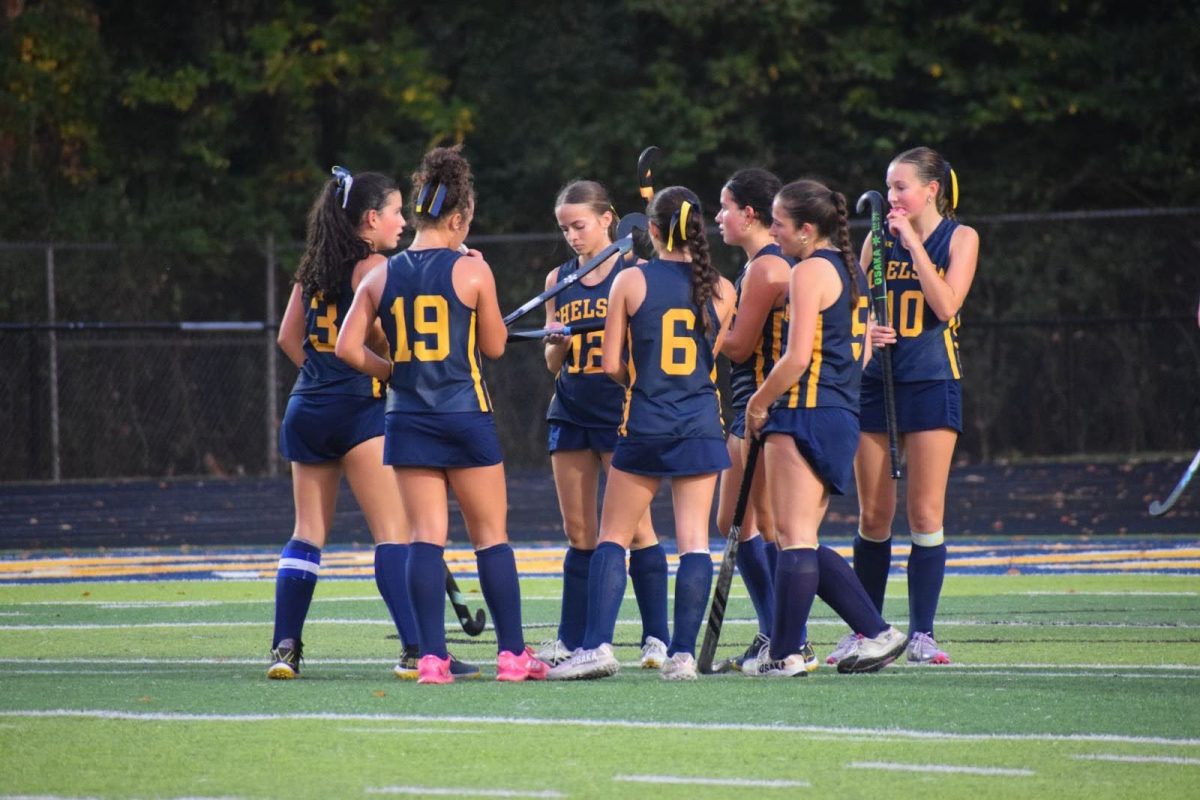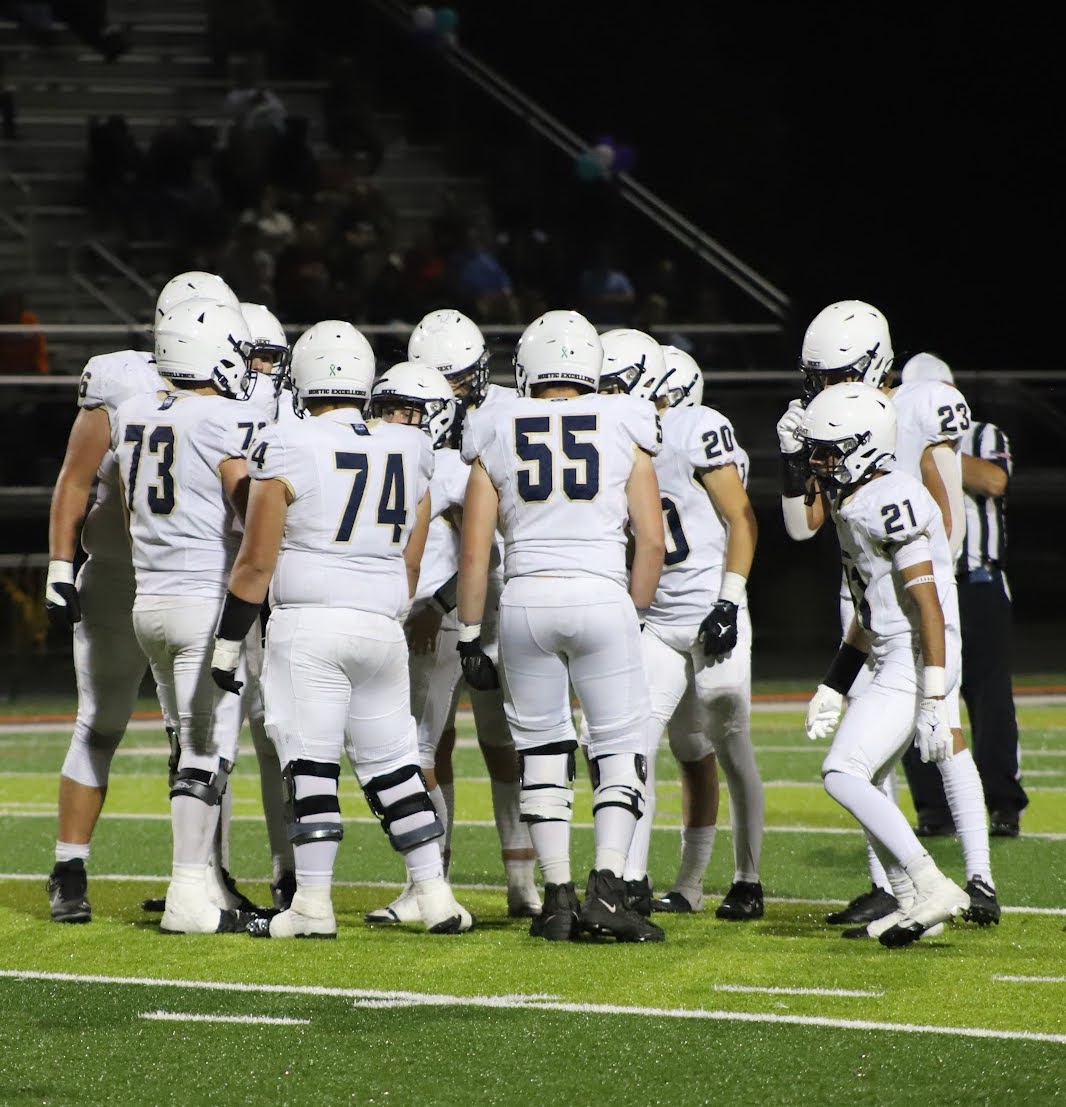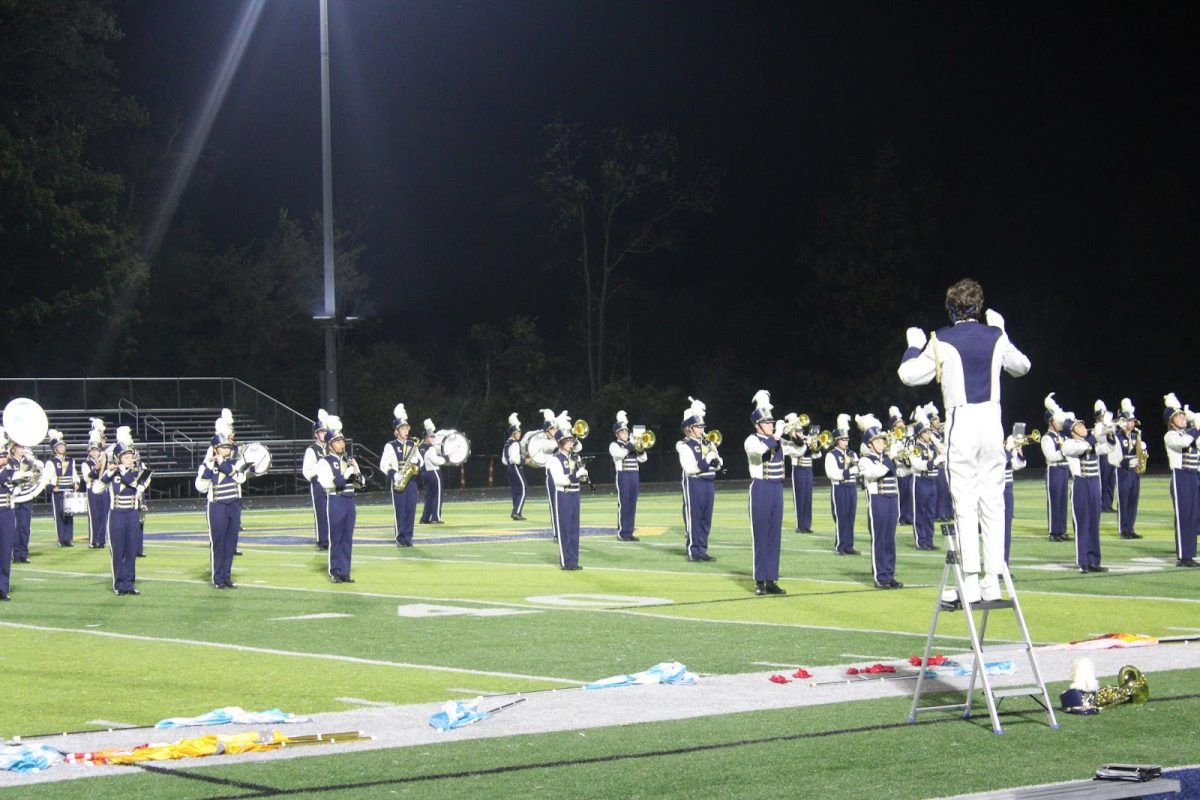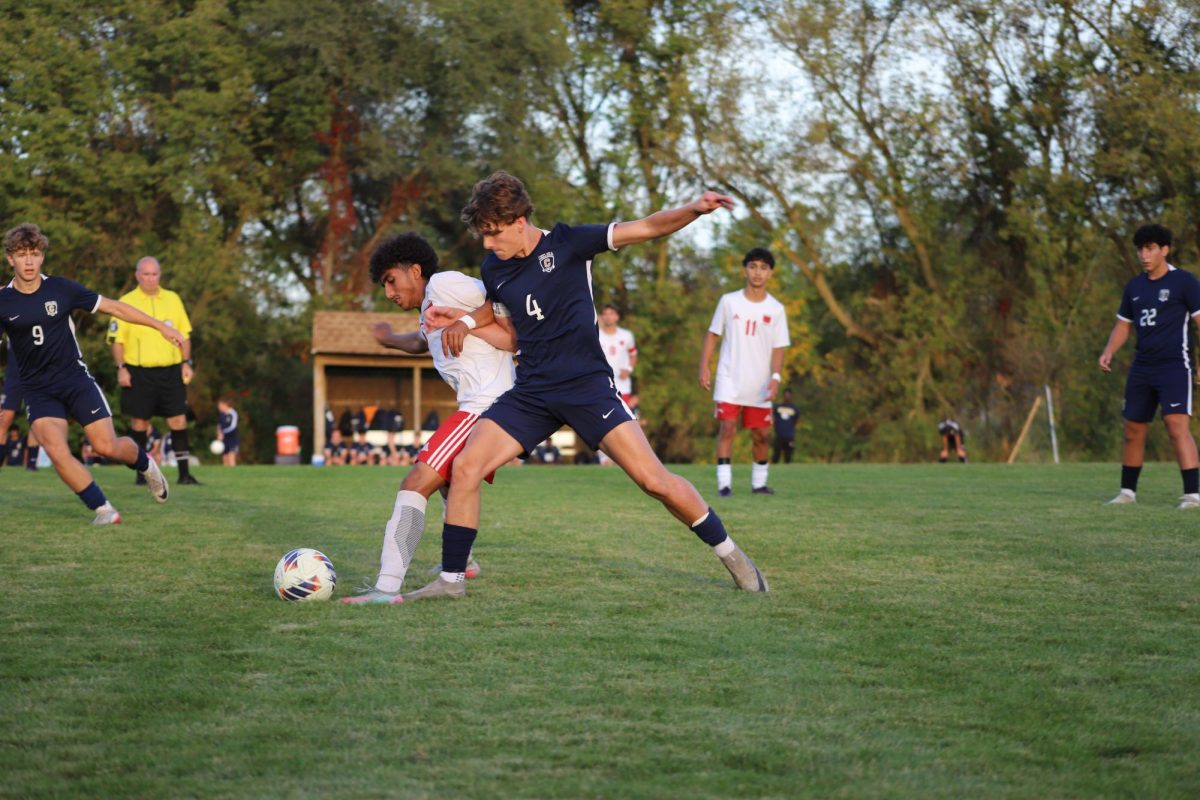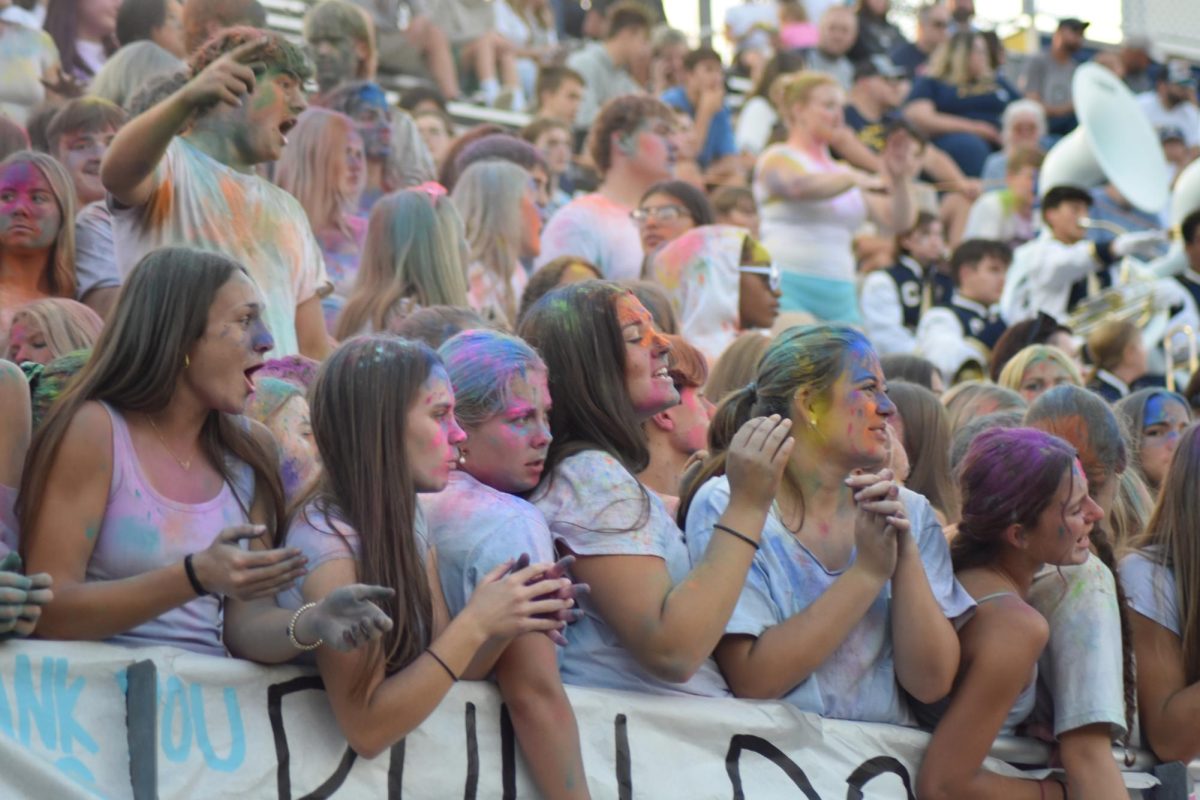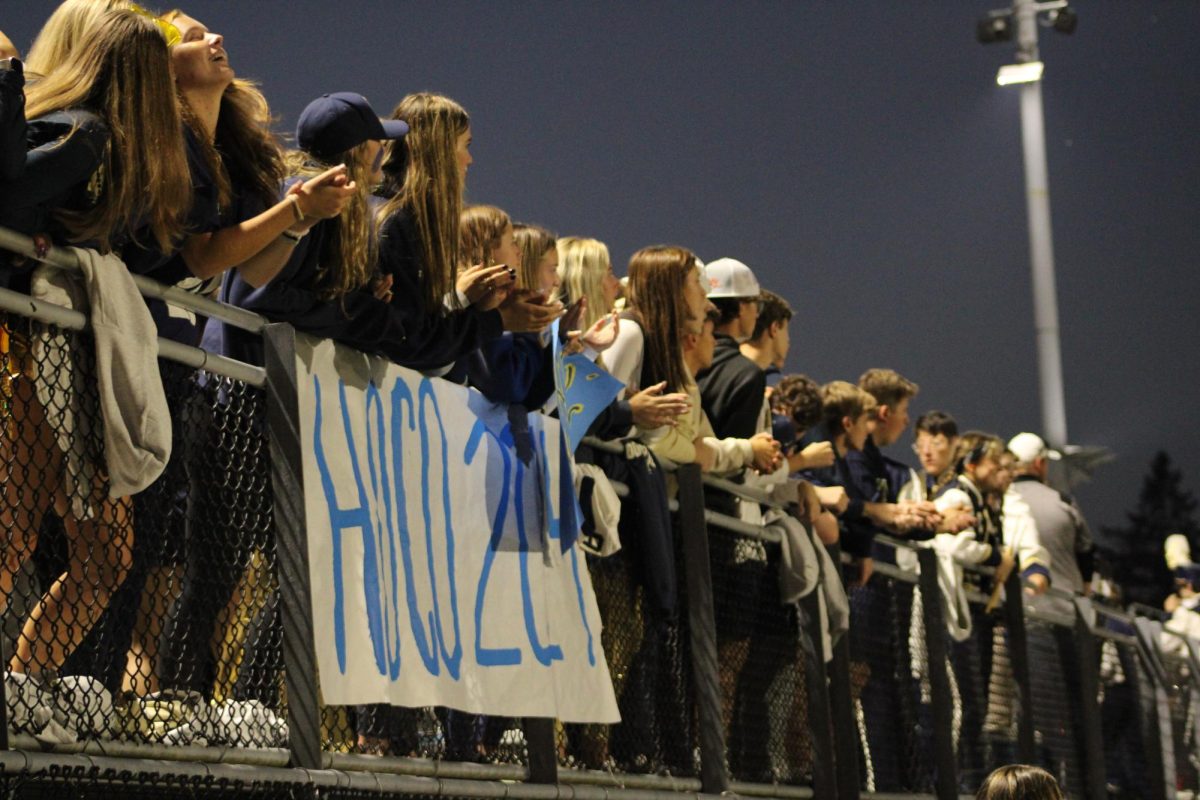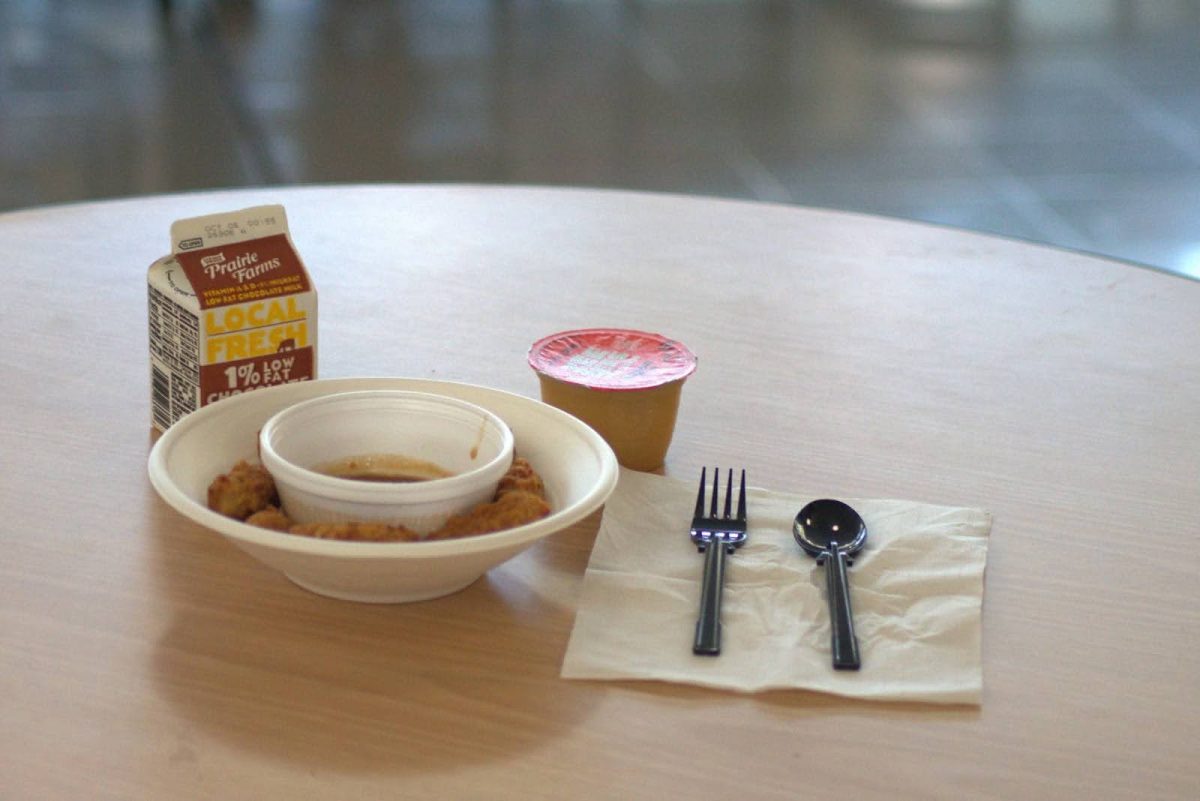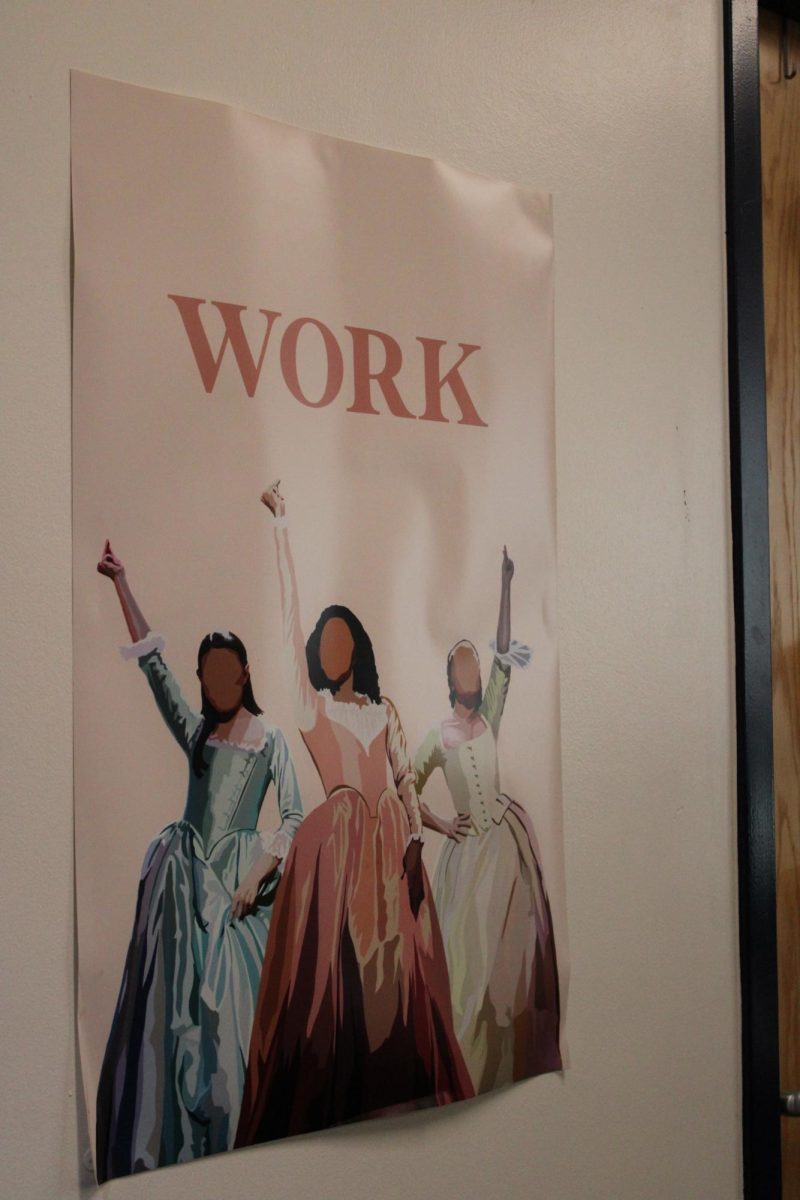As trimester 3 begins at CHS, most underclassmen just see it as another trimester with new classes and teachers, but seniors get closer to graduation and are just trying to get through the last weeks before their last day May 22. To help celebrate them, and give them an extra break before they go off to college or enter the workforce, the seniors are dismissed a few weeks before everyone else in the Chelsea School District every year. But with the trimester cut short for seniors, teachers have to adjust their classes to fit into the shorter time.
“As a teacher, you try to prepare for the differences between trimester two and three where you can extend an activity and have more time in trimester two compared to trimester three,” English teacher Valerie Johnson said. “That way the content stays the same, but the amount of time students have to do it changes.”
While cutting down time for assignments can take away some of the more relaxed parts of the class, there are other strategies used to eliminate extra time to get the seniors the teaching they need. For example, social studies teacher Laura Woodruff is introducing a few more smaller assignments instead of larger, more spaced out ones.
”In U.S. Government, we had three bigger tests during the first and second trimester,” Woodruff said. “But this trimester, we are doing small quizzes each week instead. That bought us back almost a week’s worth of time by doing those smaller tests.”
But sometimes teachers have a harder decision: some classes that are mostly made up of seniors like Johnson’s Creative Writing elective have a few students that are still in school after the seniors leave, creating another roadblock in trying to adjust to the shorter time-span.
“For Creative Writing, I only have six students that are not seniors in my two different classes,” Johnson said. “For our trimester three elective I treat it as a 10-week course, we run the entire course and then have the final exam at the end of week 10. Then with the underclassmen, we do a smaller mini-unit before the end of the year.”
But once the seniors leave and teachers are left with free time on their hands, they have a wide array of options they can choose from to fill their newly found free time. Whether it’s helping other teachers, or getting ready for the next school year, they are staying busy as busy as ever.
“I have two weeks that I don’t have students,” Johnson said. “So oftentimes we will help with subbing for other teachers if we are needed. But I often think about what changes I want to make: I do a lot of reflecting on my curriculum.”
Some teachers who teach AP classes that take their tests from May 5-9, and May 12-16, have even more free time on their hands and can utilize this time to reflect back on the year and themselves.
“It will be new for me,” Woodruff said. “It’s going to be an interesting couple of weeks because my AP U.S. History class will have already taken their test and the seniors will be gone. So I will probably use it to start building up and changing things for next year, do some reflection, and what needs to shift or change to better fit my students.
With free time and no seniors, teachers also begin to notice the shift in the culture here at CHS. As the juniors approach the end of their school year and get closer to senior year, they start to move into the role that the seniors previously had.
“It’s nice to have two to three weeks at the end of the year where you get to spend time with the other students,” Woodruff said. “I’ve always taught juniors to spend time with them and now they are the oldest ones in the school, and you can see them taking on this new role.”

